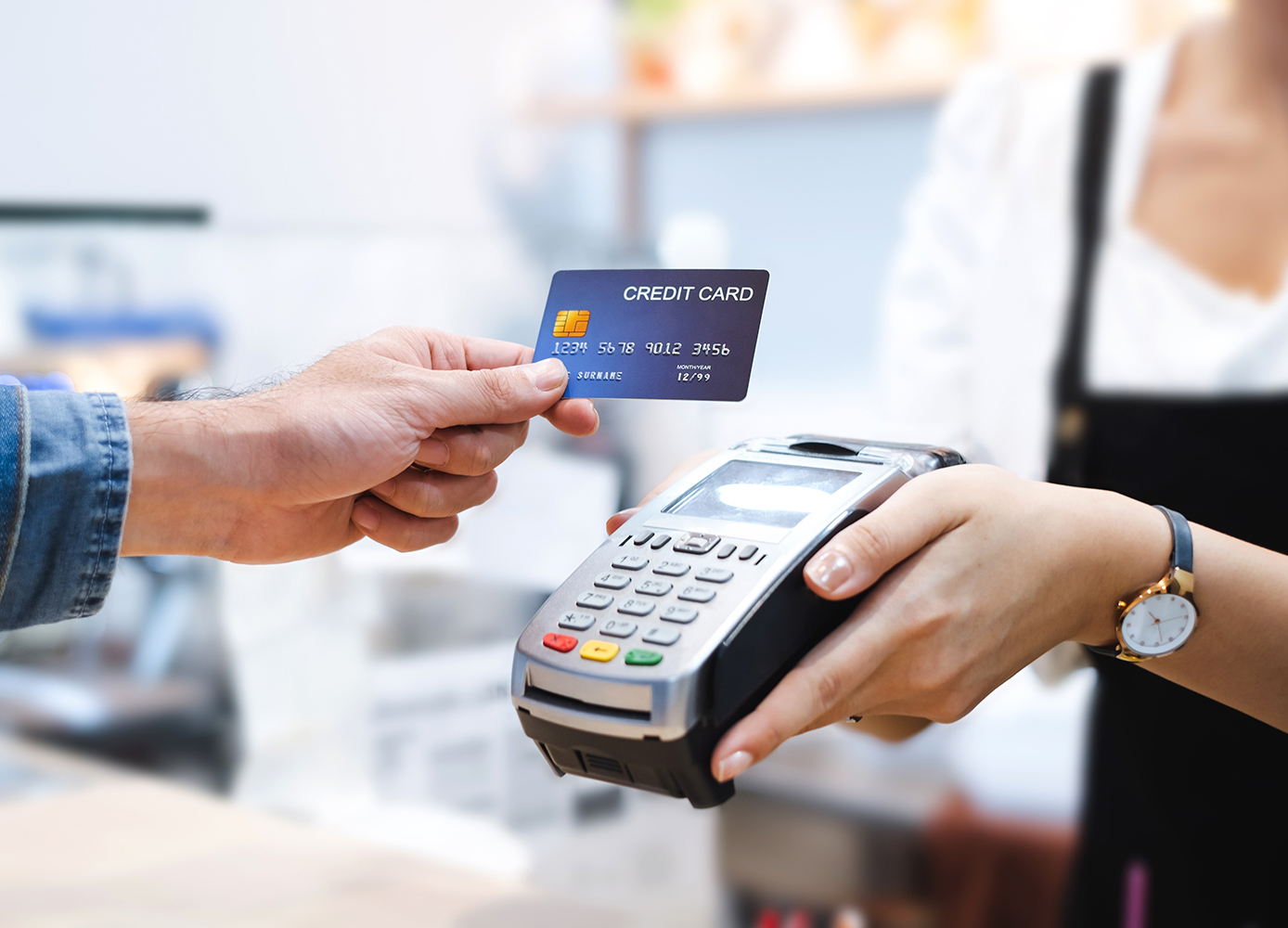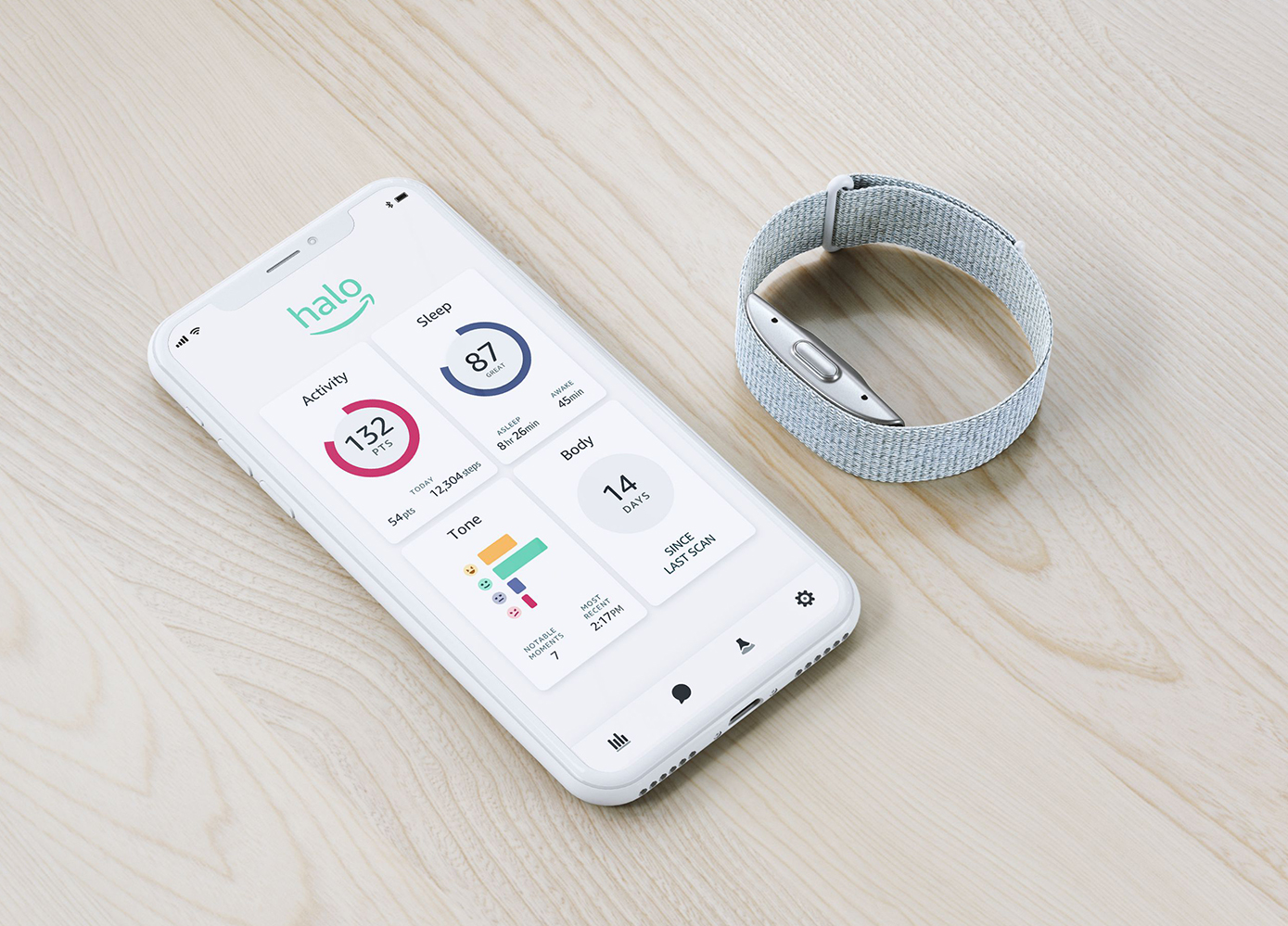The COVID-19 pandemic could accelerate a transition to cards and apps only
By Erika Morris
Since the COVID pandemic began, many businesses that stayed open have stopped accepting cash, and customers are disinclined to use it.
According to Interac, there’s been a noticeable increase in e-transfers and contactless tap card transactions—with the amount spent rising, as well. Even debit and credit cards have been traded for payment apps in smartphones, such as Apple Wallet.
When you use cash for your purchases, you get some back with your change, and that cash has traded hands many times before being dropped into yours. This can be a health risk when it comes to sanitation and physical distancing.
A shift to a cashless society would be helpful to businesses when balancing their books as transactions are already counted and their books are automatically reconciled.
But a cashless society could have consequences for vulnerable communities such as the homeless, who reply on panhandling to survive, and other people who don’t use banks, as well as those whose access to digital platforms is limited, warns Canada’s central bank. In its report based on the 2017 survey on methods of payment, the Bank of Canada showed that 99% of Canadians had a debit card and 89% had a credit card. Some experts, however, suggest that those figures are misleading, pointing out that you can have a debit card but no cash in the bank and a credit card that is maxed out.
The Bank of Canada has been seeing a decade-long shift away from banknotes, and the developments of the pandemic may accelerate it. Results from the 2017 survey showed that 33% of payments had been in cash, a 54% decline since 2009. Surveys by Payments Canada showed that the progression toward cashless payments have been picking up speed in the last few months.
Photo: iStock/Nattakorn Maneerat.





